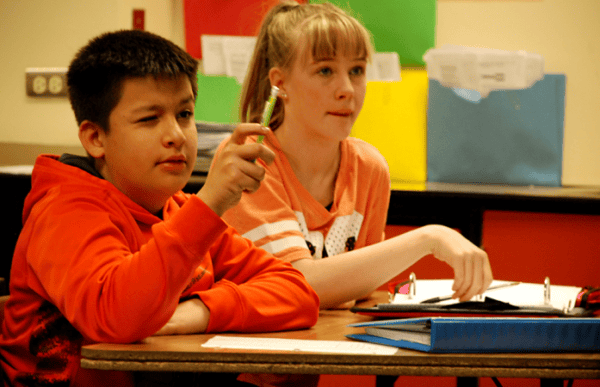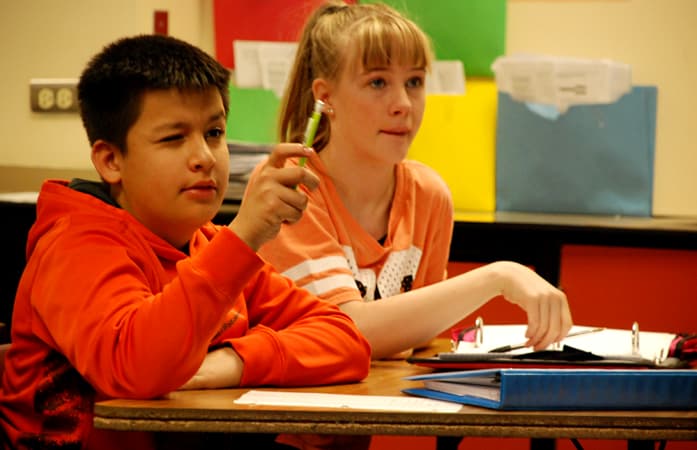
School funding will not suffer at the expense of fixing the state’s troubled roads, Senate Majority Leader Chris Holbert said Monday.
Holbert’s comments came after Democratic Speaker of the House Crisanta Duran last week suggested that could happen if lawmakers use money from existing revenue streams to meet the state’s infrastructure needs, this session’s No. 1 legislative priority.
Leaders in both parties have been working toward a way to find billions of dollars for the state’s roads. Republicans have not ruled out asking voters for more money, but they believe a portion should come the state’s budget.
If the Republicans get their way it could have a big impact on the bigger school funding picture. If that tax money is used for roads, the state likely will not have the means to close a longstanding gap in what schools should be getting under the state’s funding formula.
Holbert on Monday said Republicans believe there should be enough new revenue for schools and roads.
The state is required to increase funding to schools every year to keep up with population changes and inflation. Lawmakers have some discretion on money that exceeds that formula, which goes toward helping small districts and those with large at-risk populations.
Senate President Kevin Grantham, a Canon City Republican, in a press conference with reporters Monday, said he didn’t find Duran’s comments surprising. But he stood by the GOP’s position that any compromise in transportation funding must come from existing funding streams.
“If it’s going to be a priority,” he said. “Let’s act like it’s a priority.”
Public schools use about 38 cents for every tax dollar in the portion of the state’s budget lawmakers have control over — by far the largest line item.
Funding to schools has increased during the last several years, but lawmakers have fallen short in closing a $813 million shortfall for education created during the Great Recession.
Some school leaders and observers fear the state might not be able to keep funding at its current level going forward because of a decrease in local property tax revenue. The state may have to find at least another $136 million of new revenue to keep schools funded at the current level.
“I’m losing sleep already,” said state Rep. Millie Hamner, a Dillon Democrat who is co-chair of the Joint Budget Committee.
The legislature’s budget committee is expected to start addressing how much schools will receive next year in early March.
Chalkbeat is a nonprofit news site covering educational change in public schools.













